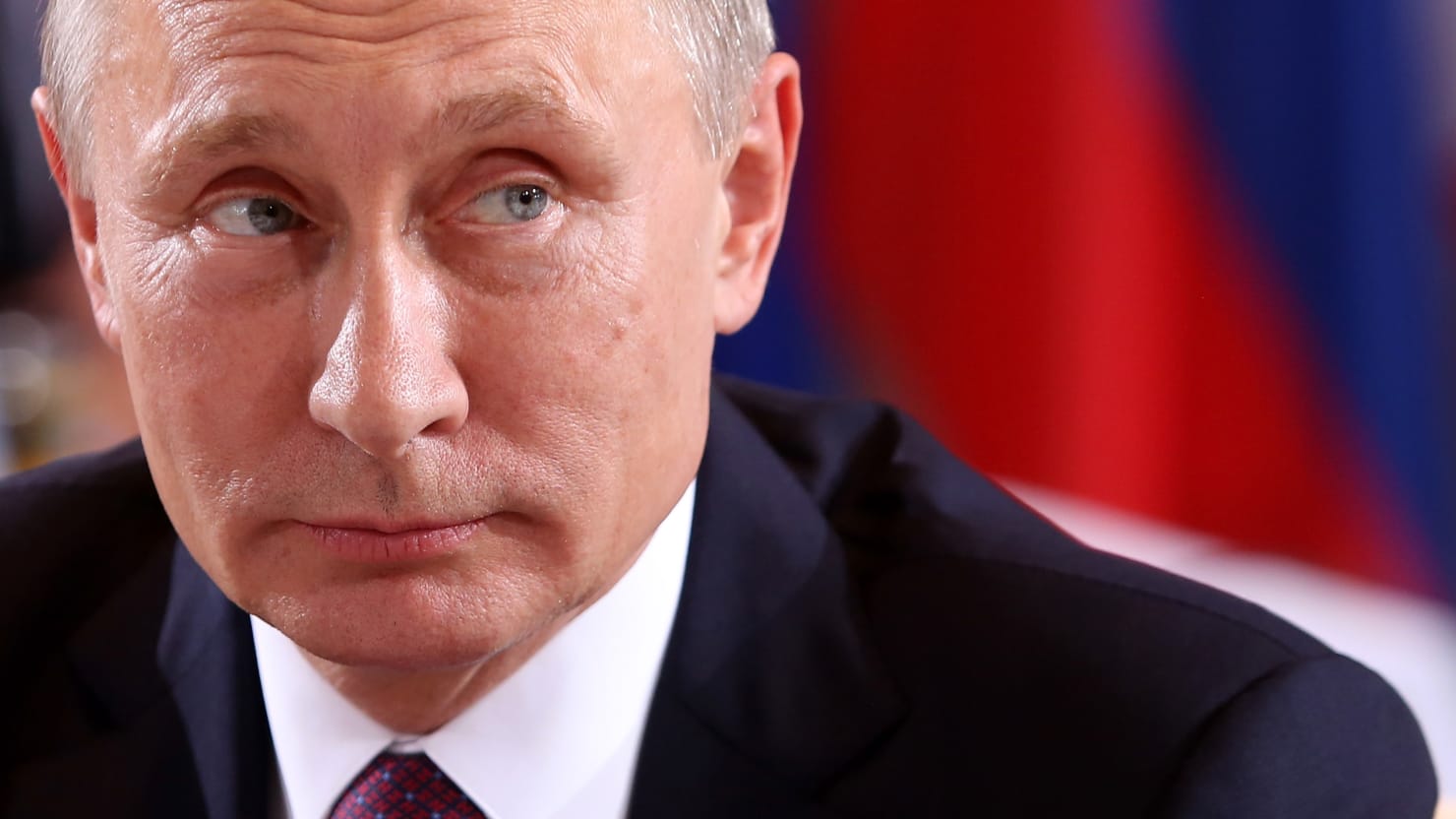LONDON: Britain’s conservative government never bothered to find out if the Brexit referendum was influenced by the Kremlin, according to a scathing report by the Parliament’s Intelligence and Security Committee.
The extraordinary finding was at the center of a report that Prime Minister Boris Johnson has repeatedly tried to delay, despite being ready for publication nine months ago.
Kevan Jones, a Labor committee member, said it was a “scandal” that No. 10 would never have ordered Britain’s intelligence agencies to investigate the security of the British election despite seeing evidence of interference in the Scottish election of 2014 and the leaking of Democratic Emails ahead of the 2016 US presidential election.
“The outrage is not that there is interference. The outrage is that no one wanted to know if there was interference, “Jones said.
Committee members asked No. 10 to launch a full investigation into Russian interference in the Brexit referendum.
“The question is: who is protecting the British public from interference in our democratic process? Simply put, we found that no one is, “he said. “This needs to be grabbed. Now.”
The Intelligence and Security Committee is a powerful body responsible for overseeing security and intelligence agencies, including MI6, MI5, and military intelligence. When the members asked for everything they knew about the Russian interference, they were surprised to find that practically nothing had been gathered.
“We have tried to establish whether there is secret intelligence that supports or relies on these studies. In response to our written request for evidence at the start of the Consultation, MI5 initially provided only six lines of text. I declare that [REDACTED]. “
Although he was not allowed to publicly repeat what MI5, the national intelligence agency, had said, the committee made it clear they were disappointed with the response. “The brevity was also, for us, again indicative of extreme caution among intelligence and security agencies in thinking that they might have some role in relation to the UK’s democratic processes, and particularly one as controversial as the EU referendum .
“This attitude is illogical; it’s about protecting the process and mechanism from hostile state interference. “
Stewart Hosie, a member of the Scottish National Party committee, said: “It was speculated that this report would reveal that Russia had interfered with or tried to influence the referendum. In the committee’s opinion, it is worse than that. The report reveals that no one in the government knew whether Russia had interfered or tried to influence the referendum because they did not want to know. The UK government has actively avoided seeking evidence that Russia interfered. We were told that they had not seen any evidence, but that it made no sense otherwise. they would have looked for none. “
“The public was allowed to go to those elections without knowing that the government had not tried to investigate whether hostile states had been interfering in the democratic processes of the United Kingdom and that seems shocking to me.”
Russia’s report was mainly compiled by the Intelligence and Security Committee in 2017 and was completed and ready for publication nine months ago. However, the ruling conservative party refused to release him before the December elections, sparking widespread speculation that its content would be detrimental to Johnson’s party.
The government blamed other delays this year for the committee’s late reconstitution, which is traditionally chaired by a politician with experience working with intelligence agencies.
“The reasons given for the delay are simply not true,” Jones said.
No. 10 attempted to install a loyalist as puppet president, but that was defeated this month after a conservative with an independent streak conspired with opposition lawmakers to take control of the committee.
The first thing the new president did was announce that there would be no further delays and that Russia’s report would be released before Parliament entered the summer recess.
The report concludes that “until recently, the Government had seriously underestimated the Russian threat and the response it required.” It doesn’t offer an explanation for why this might have been the case, but it does have a long section on the growing influence and political donations of Russians in London, who are close to Putin.
“Several members of the Russian elite who are closely linked to Putin are identified as being involved with charitable and / or political organizations in the UK, after having donated to political parties, with a public profile that positions them to aid operations of Russian influence. It is notable that several members of the House of Lords have business interests linked to Russia, or work directly for the main Russian companies linked to the Russian state, these relationships must be carefully analyzed, given the potential of the Russian state to exploit them. ” , Said the report.
The committee recommends that Britain create a version of the U.S. Foreign Agents Registration Act, as it is not currently against the law for Kremlin acolytes to try to influence British politicians, so there is a limit in terms of the intervention capacity of the national security services. .
“The current legislation allowing action against foreign spies is recognized to be weak,” the report says. “Crucially, it is not illegal to be a foreign agent in this country.”
.
